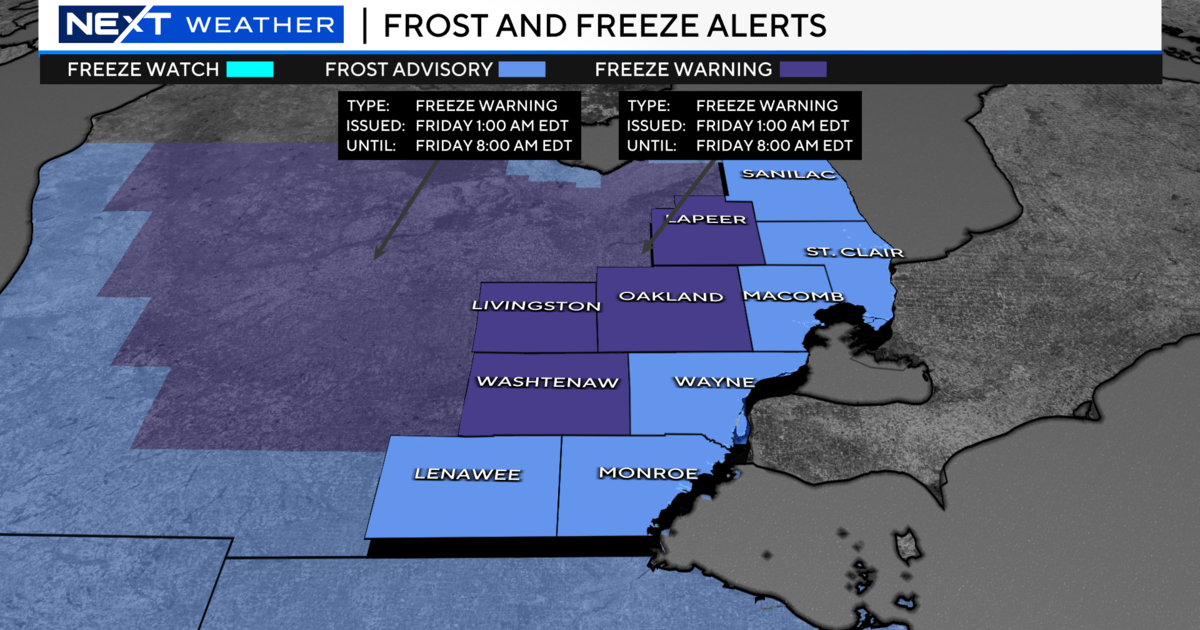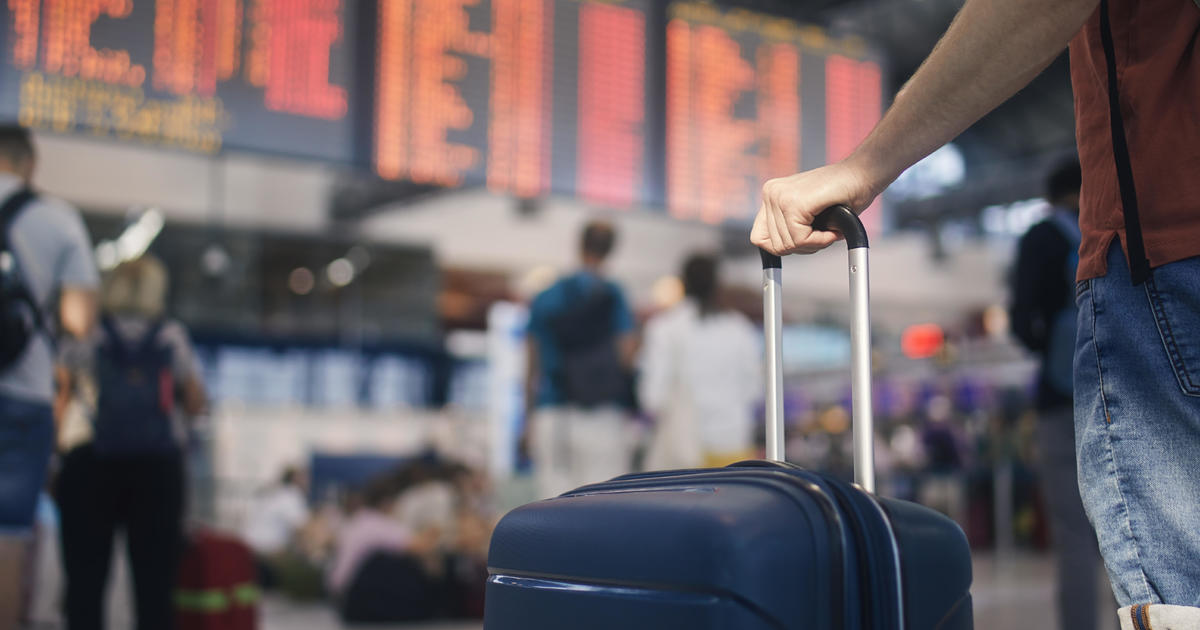Area Agency on Aging Offers Emergency Preparedness Tips for Seniors
Anne Osmer Reporting
What would you do if a natural disaster, such as a flood or severe storm, happened in your area? What about a prolonged blackout? We should all be prepared for unforeseen events, particularly people who may be more vulnerable, such as seniors.
"In the event of a disaster, people may have to evacuate their homes or live without power for hours and even days," said Tina Abbate Marzolf, executive director of the Area Agency on Aging 1-B, which serves older adults living in Livingston, Macomb, Monroe, Oakland, St. Clair and Washtenaw counties. "People of all ages may be affected differently but good planning can help everyone be prepared for the worst."
Marzolf suggests that seniors and all households create a 72-Hour Emergency Kit with a three-day supply of water, nonperishable food, a first aid kit, clothing, important documents, and other special items. Your kit should include, at a minimum, the following items:
• One gallon of water per family member per day. This means at least three gallons of water per person. This amount should be enough water for drinking, food preparation and sanitation for 72 hours.
• Sufficient non-perishable foods that are high-energy and require no refrigeration, cooking, or preparation, such as: ready-to-eat canned meats and fish; fruits and vegetables; smoked or dried meats; canned or powdered milk or juice; peanut butter and jelly; crackers, nuts, health food bars; hard candy; and vitamins.
• Prescription and non-prescription medications. Include a spare set of glasses if needed.
• Tools and supplies including: a battery-operated radio or TV; flashlight and extra batteries; non-electric can opener; utility knife; eating utensils; candles; matches; lighter; toilet paper; and personal hygiene products.
• A first-aid kit including, hand sanitizer, scissors, needle, tweezers, rubbing alcohol, adhesive tape, adhesive bandages and sterile pads in varying sizes, aspirin and pain reliever.
• Emergency credit cards, cash and travelers checks.
• Copies of important documents, including: ID such as drivers' licenses; emergency contact numbers; medical records; list of prescription drug medications; doctor's contact information; insurance information; and other important docurments. Put in a fire and water proof container.
• Clothing including extra socks, hats and gloves.
• Blankets and sleeping bags.
• Comfort items such as books, magazines, and games.
• Pet food and infant food, if pets or infants live in the home.
In addition to planning ahead, Marzolf emphasizes the importance of checking in on elderly neighbors and persons with disabilities or special needs, who may be homebound or vulnerable to extreme heat or cold.
"Everyone can play an important role insuring that individuals of all ages are safe and have the resources they need to weather the storm," said Marzolf.
The Area Agency on Aging 1-B has additional information on how to prepare for an emergency here. You can also find emergency preparedness information at the U.S. Dept. of Homeland Security Web site www.ready.gov.
The Area Agency on Aging 1-B is a nonprofit agency responsible for services to more than 500,000 persons aged 60 and older residing in Livingston, Macomb, Monroe, Oakland, St. Clair and Washtenaw counties. Through the provision of home care and community-based services, older adults and persons with disabilities are given options that can help maintain their health and independence in their homes and communities.
© 2010 WWJ Radio, All Rights Reserved.



